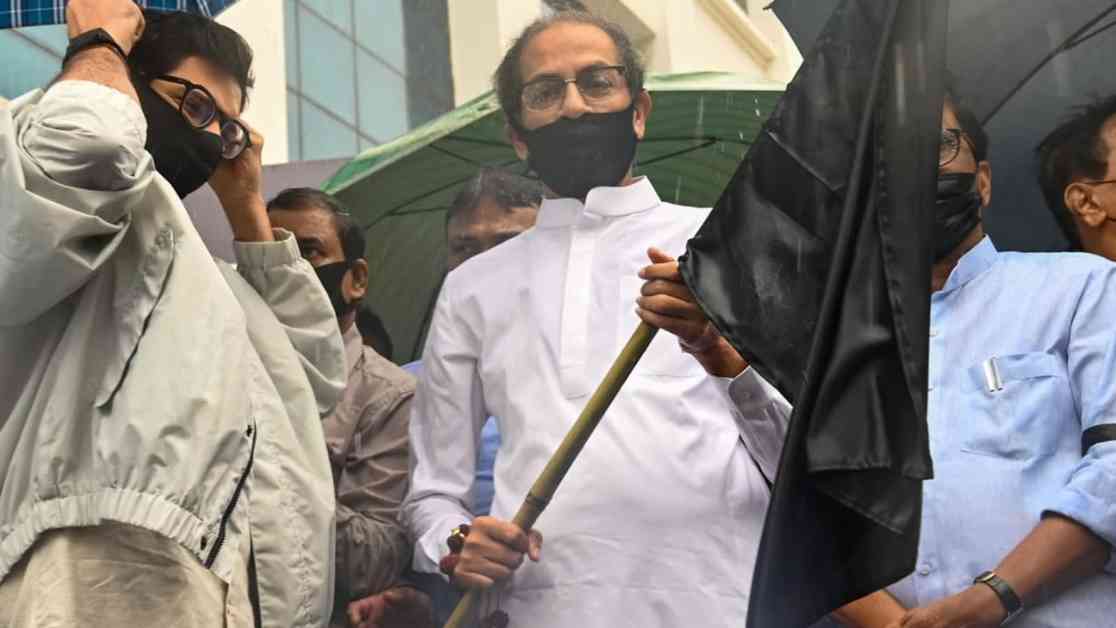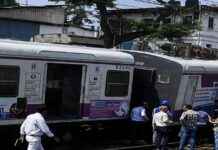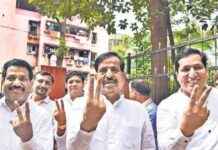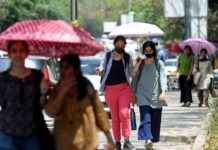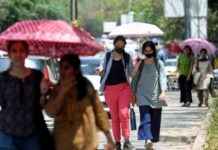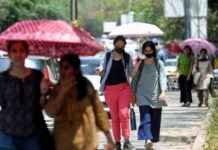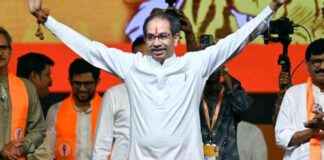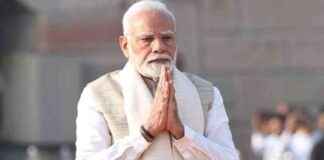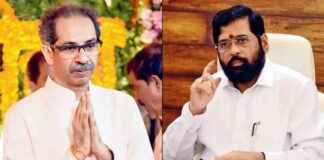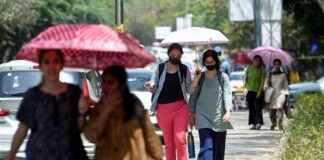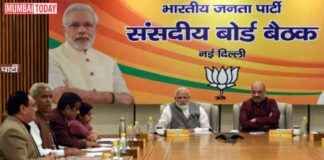Protests Erupt Across Maharashtra Following Badlapur Assault: Opposition Parties Criticize Government’s Response
In the wake of the disturbing sexual assaults on minor girls in Badlapur, Maharashtra, the state witnessed a wave of protests led by opposition parties, condemning the heinous acts and demanding justice for the victims. The response from the ruling Maharashtra Vikas Aghadi (MVA) and the opposition Mahayuti alliance highlighted the deep-rooted anger and frustration among the populace towards the escalating crimes against women and children.
Protests Sweep Across Maharashtra
After initially calling off the Maharashtra Bandh following a directive from the Bombay High Court, three key constituents of the MVA, including the Shiv Sena-UBT, Nationalist Congress Party (NCP), and Indian National Congress, organized protests in various regions of the state. Led by prominent leaders like Sharad Pawar, Uddhav Thackeray, Nana Patole, Supriya Sule, and Balasaheb Thorat, these demonstrations aimed to express solidarity with the victims and demand stringent action against the perpetrators.
Opposition Leaders Speak Out
At the protest held at Shiv Sena Bhavan in Dadar, Uddhav Thackeray, the chief of Shiv Sena-UBT, voiced his strong condemnation of the state government’s handling of the Badlapur assault case. He criticized the authorities for allegedly supporting the accused instead of ensuring justice for the victims, emphasizing the need for collective action in the face of such atrocities. Thackeray also questioned the government’s opposition to the bandh called by the opposition, highlighting the urgency of prioritizing women’s safety and security in the state.
Meanwhile, Sharad Pawar, the NCP-SP chief, along with other party leaders, staged a silent protest in Pune, underscoring the need for a united front against gender-based violence. The leaders, clad in black ribbons as a symbol of mourning and solidarity, reiterated their commitment to combating crimes against women and girls, urging for a more proactive approach from the authorities in addressing such grave issues.
Political Motivations and Counter-Protests
In response to allegations of political motives behind the protests, Sharad Pawar dismissed such claims, asserting that holding the government accountable for its failures is a crucial aspect of democracy. Sanjay Raut, the Sena MP, defended the opposition’s call for the bandh as a legitimate form of protest, emphasizing the constitutional right of citizens to raise their voices against injustice and inequality.
On the other hand, the Bharatiya Janata Party (BJP), a part of the ruling Mahayuti alliance, organized counter-protests in various parts of the state, demanding swift judicial action and stringent punishment for the accused in the Badlapur case. State Housing Minister Atul Save led the BJP’s demonstration in Chhatrapati Sambhaji Nagar, advocating for a fast-track trial to ensure timely justice for the victims and their families.
Unity Amidst Adversity
Despite political differences and contrasting ideologies, the protests in Maharashtra underscored a shared commitment among various parties to address the pervasive issue of violence against women and girls. From Pune to Nagpur, leaders and activists from different political backgrounds came together to express their outrage and demand concrete measures to prevent such atrocities in the future.
In Thane, a joint protest by Shiv Sena-UBT and Congress members at the statue of Mahatma Gandhi symbolized a collective call for non-violence and justice in the face of growing societal unrest. Maharashtra Congress chief Nana Patole and Sena-UBT district head Kedar Dighe stood in solidarity with the victims, advocating for a more compassionate and responsive governance framework to tackle gender-based violence effectively.
Call for Accountability and Reform
As the protests continued to gain momentum across Maharashtra, the demand for accountability and systemic reform within the state administration grew louder. Leader of Opposition Vijay Wadettiwar, along with Congress MLAs Vikas Thakre and Abhijit Wanjari, held a silent protest in Nagpur, urging for a comprehensive overhaul of existing laws and policies to better protect women and children from harm.
Senior Congress leader Balasaheb Thorat’s symbolic act of tying his mouth with a black ribbon in Sangamner highlighted the urgent need for concrete action and meaningful dialogue on gender equality and safety. The collective voice of dissent and solidarity resonated throughout the state, sending a powerful message to those in positions of power that accountability and justice must prevail in the fight against gender-based violence.
In conclusion, the widespread protests in Maharashtra following the Badlapur assault serve as a stark reminder of the pressing need for societal awareness, political will, and institutional reform to combat violence against women and children effectively. The unity displayed by opposition parties and civil society groups reflects the shared commitment to upholding the principles of justice, equality, and human rights in the face of adversity and injustice. It is imperative for the government to heed the calls for action and prioritize the safety and well-being of all citizens, especially the most vulnerable among us.
